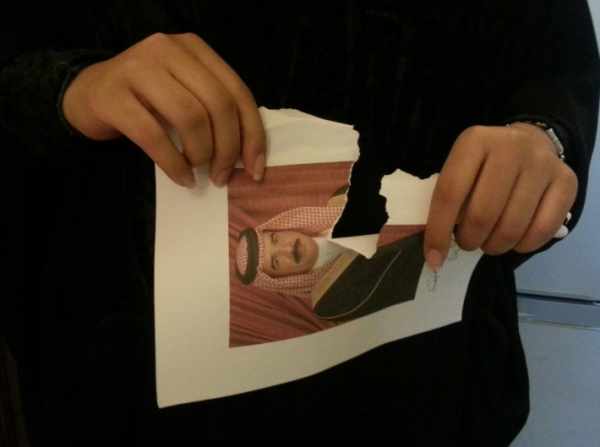Bahrain: Four Men Charged with Defaming King on Twitter

The four men arrested in Bahrain for "misuse of social media" have been charged with defaming king Hamad bin Isa al-Khalifa on Twitter, according to state news agency BNA.
Bahrain's public prosecutor questioned the four defendants, who also had their computers seized by police, and charged them with the "crime of insulting his majesty the king on their personal accounts on Twitter".
The defendants will face "an urgent trial before the criminal court", according to prosecutor Ahmed Bucheeri.
Criticising King Hamad and other members of the Al Khalifa ruling family is forbidden in the tiny Gulf kingdom.
"Bahrain recently changed their laws to be tougher on those who use Twitter to criticise the regime," Dominic Kavakeb, political strategist at the Bahrain Justice & Development Movement, told IBTimes UK.
"They use the justification of defamation to silence critics and crackdown on legitimate criticism. This is typical of the Bahraini authorities' attitude to freedom of expression. In the streets they can use physical force to stop free expression, online they use legal means and claims of defamation to silence critics."
Bahrain's cyber defamation laws were reviewed in September, resulting in heavier monitoring of social media networks.
In October, activist and human rights defender Zainab Al-Khawaja, daughter of renowned human rights campaigner Abdulhadi, was released after serving a two-month prison sentence for ripping up a photo of the king of Bahrain. She is expecting verdicts on several cases in the coming weeks.
The hashtag #kingstornpics is going viral on Twitter where people are posting torn pictures of the king.
MPs critics of the British government's dealing with Bahrain
The latest arrests came after the British Commons foreign affairs committee (FAC) published a report criticising the government for failing to boycott the Formula One Grand Prix in Bahrain over human rights concerns.
"We find it difficult to discern any consistency of logic behind the government's policy in not taking a public stance on the Bahrain Grand Prix but implementing at least a partial boycott of the 2012 Uefa football championship matches played in Ukraine," the committee said.
FAC also slammed the Foreign Commonwealth Office for not listing the Gulf kingdom on its list of "countries of concern" in the aftermath of the "brutal" crackdown on pro-democracy protests.
Freedom of speech organisations welcomed the MPs' report.
"There has been inconsistency in how the government has responded to uprisings in the Middle East and North Africa," Index on Censorship, a London-based human rights organisation, told IBTimes UK.
"We agree with the report that Bahrain should have been designated as a 'country of concern' after its brutal repression of demonstrators in 2011. The British government has influence in Bahrain but because of business interests, it has not applied pressure on the Bahraini government to reform, as it did in other countries across the Arab region."
© Copyright IBTimes 2025. All rights reserved.






















